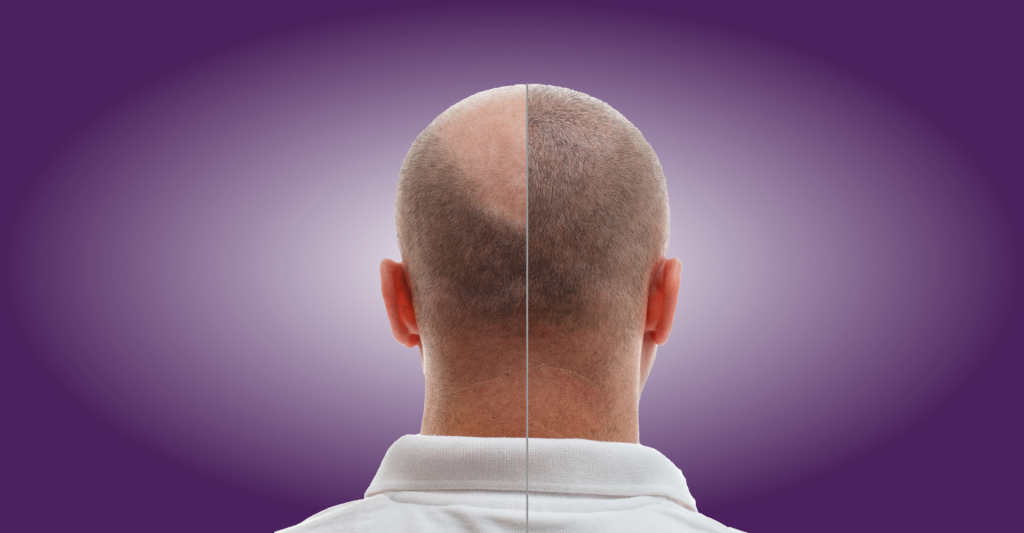Living with psoriasis can be challenging, as it’s a chronic autoimmune condition that causes skin cells to build up rapidly, resulting in red, scaly patches that can be itchy and painful. While there’s no cure for psoriasis, understanding, and managing triggers can significantly alleviate symptoms and improve quality of life. In this blog post, we’ll delve into various triggers ranging from foods to stress that can exacerbate psoriasis and offer practical tips for avoiding them.
How to prevent psoriasis:
While there isn’t a definitive list of foods that trigger psoriasis for everyone, certain dietary choices may exacerbate symptoms or lead to flare-ups in some individuals. Here are some common trigger foods that some people with psoriasis may want to consider avoiding or minimizing in their diet:
- Foods: Certain foods have been linked to some individuals’ triggering or worsening psoriasis symptoms. While triggers can vary from person to person, common culprits include:
- Gluten: Found in wheat, barley, and rye, gluten can trigger inflammation in some people with psoriasis. Consider experimenting with a gluten-free diet to see if it alleviates symptoms.
- Nightshades: Tomatoes, potatoes, peppers, and eggplants belong to the nightshade family and may aggravate psoriasis symptoms in some individuals. Try eliminating these foods from your diet to see if there’s any improvement.
- Processed Foods: High in sugar, trans fats, and artificial additives, processed foods can promote inflammation throughout the body, potentially worsening psoriasis. Opt for whole, unprocessed foods whenever possible.
- Alcohol: Alcohol consumption is a well-known trigger for psoriasis flare-ups. It can dehydrate the body, disrupt sleep patterns, and weaken the immune system—all of which can exacerbate symptoms. Limiting or avoiding alcohol altogether may help manage psoriasis more effectively.
- Stress: Stress is closely linked to psoriasis flare-ups, as it can weaken the immune system and trigger inflammatory responses in the body. While it’s impossible to eliminate stress entirely, incorporating stress-reducing activities into your daily routine—such as meditation, yoga, or deep breathing exercises—can help minimize its impact on your psoriasis.
- Smoking: Smoking not only increases the risk of developing psoriasis but can also make existing symptoms worse. Nicotine and other chemicals in cigarettes can trigger inflammation and damage skin cells, leading to more frequent and severe flare-ups. If you smoke, quitting is one of the best things you can do for your overall health and psoriasis management.
- Cold, Dry Weather: Cold, dry weather can strip the skin of moisture, leading to increased itching, flaking, and discomfort for individuals with psoriasis. To combat this, moisturize regularly with a thick, fragrance-free cream or ointment, and consider using a humidifier to add moisture to the air indoors.
- Medications: Certain medications, such as lithium, beta-blockers, and antimalarial drugs, can exacerbate psoriasis symptoms or trigger flare-ups in some individuals. If you suspect that a medication is worsening your psoriasis, consult your healthcare provider to explore alternative treatment options.
- Infections: Infections, particularly streptococcal infections like strep throat, can trigger or exacerbate psoriasis flare-ups, especially in children. Practice good hygiene, avoid close contact with sick individuals, and promptly treat any infections to reduce the risk of flare-ups.
Conclusion
While navigating psoriasis triggers can be frustrating, identifying and avoiding them can significantly improve symptom management and quality of life. By paying attention to your body’s responses and making lifestyle modifications, you can empower yourself to control your psoriasis and enjoy a healthier, more comfortable life. Remember to consult your healthcare provider before making significant changes to your diet, lifestyle, or treatment plan. With patience, perseverance, and proper self-care, managing psoriasis can become more manageable and less disruptive to your daily life.
Working closely with a healthcare provider or dermatologist can help you develop a personalized treatment plan to manage your condition effectively. For more details contacts visit us at Sasha Luxe.
Can psoriasis be avoided?
Psoriasis is an autoimmune skin illness with symptoms that may appear and disappear during a person’s life. There is no cure, but particular cures, treatments, and self-care methods can help prevent flares and alleviate symptoms that do occur.
Does stress trigger psoriasis?
Yes, stress can indeed trigger or exacerbate psoriasis symptoms in many individuals. While the exact mechanisms are not fully understood, there is a well-established connection between stress and the onset or worsening of psoriasis symptoms.
Psoriasis is an autoimmune condition characterized by inflammation and an overproduction of skin cells, leading to red, scaly patches on the skin.
What is the best lifestyle for psoriasis?
Regular exercise and a nutritious diet are suggested for everyone, not just those with psoriasis because they can help avoid a variety of health issues. Eating a balanced diet and exercising regularly can help decrease stress and improve your psoriasis.
Can we drink milk in psoriasis?
Whether individuals with psoriasis can drink milk depends on their personal tolerance and any potential triggers they may have. Some people with psoriasis find that dairy products, including milk, exacerbate their symptoms, while others may not experience any adverse effects.
It’s important for individuals with psoriasis to pay attention to how their body responds to different foods, including milk, and to consider factors such as lactose intolerance or sensitivity to dairy proteins.
Which fruit is not good for psoriasis?
If you have psoriasis and suspect that milk or dairy products may be aggravating your symptoms, you could try eliminating them from your diet temporarily to see if there’s any improvement in your condition. However, it’s essential to maintain a balanced diet and ensure you’re getting adequate nutrients from other sources if you decide to cut out dairy.
Consulting with a healthcare professional or a registered dietitian can provide personalized guidance on dietary choices for managing psoriasis and ensuring overall nutritional needs are met.













